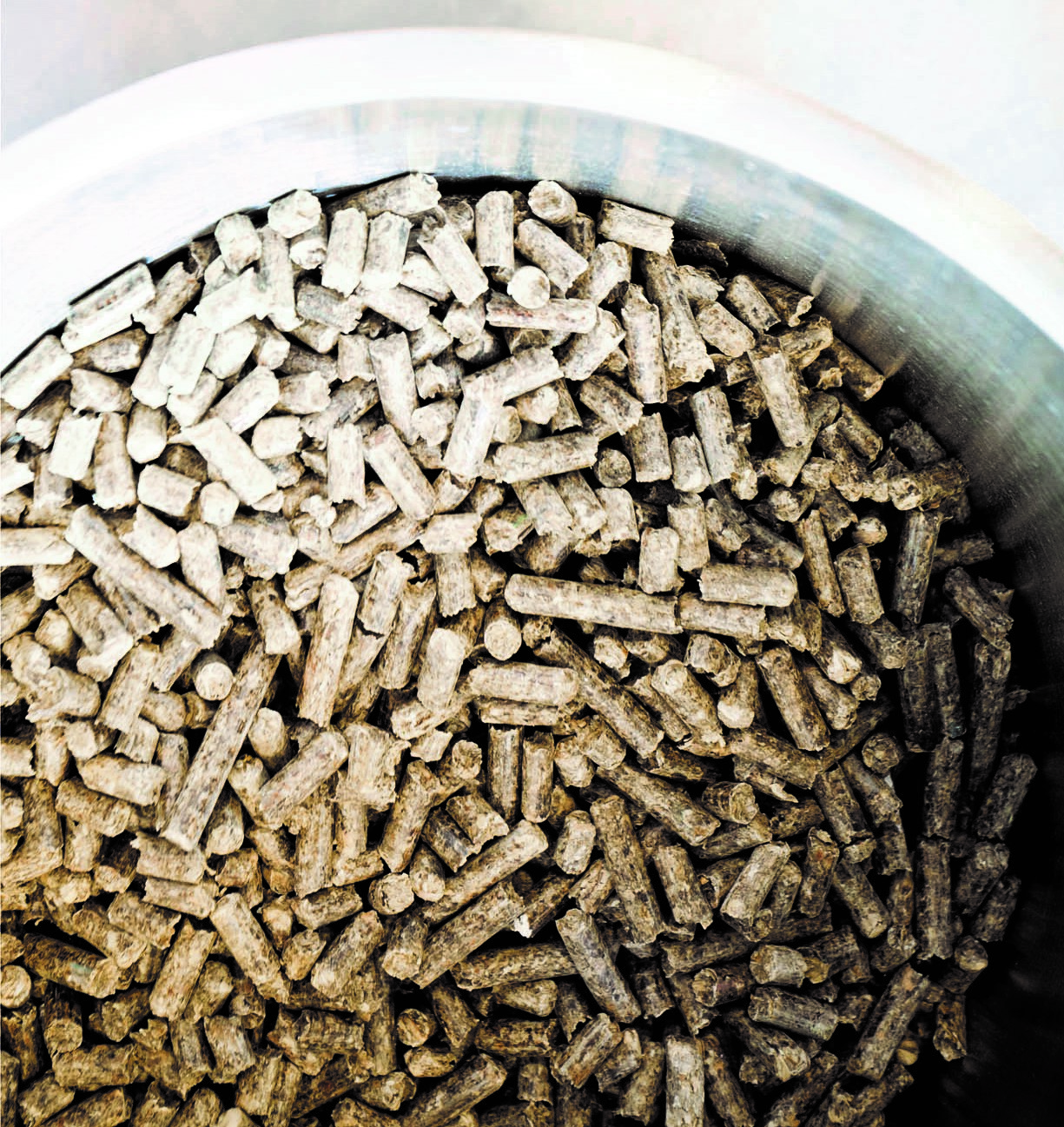Novel bioenergy pellets being developed to reduce Yorkshire’s carbon footprint and help its wildlife
A feasibility study, led by the Biorenewables Development Centre (BDC) will investigate the commercial production of sustainable, locally sourced materials, such as municipal and woodland waste, to produce biomass boiler pellets. The new, cheaper, pellets will help to reduce the region’s carbon footprint and provide a source of income for nature reserves and other conservation efforts.
The high price of biomass pellets in York and North Yorkshire threatens the continued operation of wood-fired boilers and could drive up the carbon footprint of the region if they are shut off in favour of fossil fuels. This project will assess the feasibility of producing cheaper pellets using waste material from a range of local sources.
The researchers will assess waste streams from the sustainable management of Yorkshire’s woodlands, parks and nature reserves (hedgerow clippings, wood chippings), alongside the University of York’s waste streams (food, cardboard, wood), using pilot-scale facilities based at the BDC, near York. The study will also assess the potential for sourcing material from Yorkshire’s forestry industry. The environmental impacts of the scheme will also be assessed.
The aim is to establish regionally based production that provides cheaper pellets for Yorkshire’s biomass boilers. The project will also support Yorkshire wildlife by providing an income stream from the conservation management of the region’s natural habitats.
The study has received £50,000 funding secured by the York and North Yorkshire Local Enterprise Partnership from the government’s Local Growth Fund. This is part of the LEP’s Local Energy Strategy and contributes to their Circular Economy strategy. It brings together raw material providers (North Yorkshire and York Local Nature Partnership, the City of York Council, Natural England, the Yorkshire Wildlife Trust and the University of York) with technology providers (Wilson Biochemicals Ltd and the BDC).
Peter Hurst, Lead technologist at the BDC said: “This project is an excellent example of how the BDC’s unique facilities can help de-risk the innovation process and make the most of renewable, plant-based resources.”
David Dickson, Chair of the York & North Yorkshire Local Enterprise Partnership Infrastructure and Joint Assets Board said: “The LEP has an ambition to create a carbon-negative circular economy and this study could deliver a real impact in that area. It also has the potential to unlock numerous benefits to waste management, bioenergy and the land management sector and increase the resilience of local businesses. We’re pleased to support this feasibility study with £50,000 secured from the government’s Local Growth Fund and we look forward to seeing how the work develops.”
The BDC receives funding from Research England and the European Regional Development Fund.
